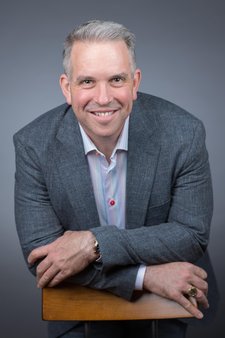
Jennifer Streaks
Jan. 24, 2024
This month, everyone wants to improve their life in some way, whether it's dry January, starting a new workout program, or eating better. But what about your financial health?
Certified financial planner Chloe Moore says this is the perfect time to turn a new page in your finances. Take stock of where you are, revisit goals, and assess areas that might need improvement.
Here are 3 steps you should take with your money early this year:

CFP Chloe Moore is not pictured. DjelicS/Getty Images
1. Review your spending and update your budget
"Look at how you spent your money last year and determine if it was a good money year for you," says Moore. "Were there any surprises? Did you save as much as you wanted? Did any expenses catch you off guard? What lessons did you learn? What would you do differently? Set a plan to do better this year."
You should also update your budget. "Everything is more expensive right now, and you should include those increases in your budget. And after holiday spending, you may have to do a little belt-tightening, so your updated budget should include that reduced spending," Moore states.
2. Prepare for tax season now
"The reason why most people feel anxiety around their taxes is because they wait until the last minute and then have to scramble to find everything they need," Moore told Personal Finance Insider. "When you are not waiting until the last minute, you can also make sure that you do not miss any tax deductions and that your tax return filing is accurate."
Start gathering your documents and receipts now so that you're fully prepared for April 15.
Advertisement
3. Start a nest egg or emergency fund
Now is the time to build a nest egg or emergency fund, whether you're starting from scratch or need to beef yours up.
"Even if you don't lose your job, your car could break down, you could get sick or a major home repair might become necessary. A nest egg puts your mind at ease because whatever happens you will be prepared," says Moore.
A nest egg also keeps you out of debt. "Having money set aside means that when things happen, you don't have to get a loan or use a high-interest credit card to cover it," Moore states.
Start saving money right now so you can see great progress by the end of the year. Building a nest egg is a major step towards financial stability that really pays off down the road.
Subscribe to Business Insider's Financial Insights Newsletter
This Business Insider article was legally licensed by AdvisorStream


